Dhaka, July 27 (V7N) – In a landmark dialogue held on Saturday at Agargaon, Dhaka, political leaders across Bangladesh have reached a consensus to avoid nominating candidates involved in environmental destruction, including illegal river grabbing, canal encroachment, and misuse of natural resources. The event, titled “Road to Green Manifesto: Dialogue on Political Manifesto,” saw parties outlining their commitments to environmental sustainability in their upcoming election manifestos.
The dialogue emphasized the urgent need for political leadership to transform promises into tangible actions in critical sectors such as water management, agriculture, and food security. Syeda Rizwana Hasan, advisor to the Ministry of Environment, Forest and Climate Change and Ministry of Water Resources, stressed that environmental protection must become a core political priority rather than a secondary concern. She highlighted the growing awareness among young voters who demand accountability from politicians.
Addressing pressing environmental issues, Hasan pointed to the ongoing stone mining in the Jaflong region and deforestation on Sonadia Island, noting a lack of unified political action despite cross-party agreement to oppose stone extraction. She urged leveraging the untapped potential of eco-tourism as a sustainable revenue source for the government.
BNP Standing Committee member Amir Khosru Mahmud Chowdhury reaffirmed his party’s firm stance against nominating individuals involved in illegal canal and wetland encroachments, emphasizing that political accountability has become increasingly important in a more democratic Bangladesh.
Advocate Ehsanul Mahbub Zubayer of Bangladesh Jamaat-e-Islami proposed symbolic yet effective initiatives such as periodic river-cleaning campaigns led by political leaders to boost public awareness and maintain waterways.
Revolutionary Workers Party’s Saiful Haque called for collective rejection of industrial polluters and river encroachers by all political parties, highlighting these acts as criminal offenses threatening the environment.
National Citizens Party (NCP) senior coordinator Abdul Hannan Masud stressed political unity as essential for environmental protection and shared NCP’s vision to implement green city models. However, he also acknowledged challenges in budget execution at the grassroots level, noting that less than 10% of funds allocated for agriculture and environmental projects reach local unions.
AB Party General Secretary Asaduzzaman Fuad raised alarms over land grabbing and unplanned land use posing serious threats to food security. He urged for proper land management and environmental safeguards to build a sustainable and livable Bangladesh.
All participants agreed that environmental stewardship is not merely a policy matter but a fundamental humanitarian and political responsibility. They underscored that genuine commitment and accountability are essential to securing a sustainable future for coming generations.
Bangladesh’s Climate and Environmental Crisis
Bangladesh is one of the most vulnerable countries to climate change, facing increasing temperatures, recurrent floods, severe river erosion, and rising salinity due to sea-level rise. These challenges endanger agricultural productivity, food security, and the livelihoods of millions of people.
The situation is worsened by rampant river and canal encroachment, illegal sand mining, and improper industrial waste disposal. Encroachment restricts the flow of vital waterways, aggravating flood risks and destroying aquatic ecosystems. Untreated industrial effluents pollute rivers, posing severe threats to public health and biodiversity.
Despite various initiatives, enforcement of environmental regulations remains weak, with political will and coordinated action lagging behind the urgency of the crisis.
Expert Recommendations: Political Will and Public Engagement
Climate experts and political leaders at the dialogue emphasized the need for stricter enforcement against environmental violators and exclusion of such offenders from political participation. They advocated greater involvement of youth and community groups in conservation efforts.
Promoting eco-tourism, improving industrial waste treatment, restoring natural waterways, and enhancing public awareness are critical for advancing environmental sustainability.
As climate risks intensify, embedding environmental priorities within political agendas is crucial for Bangladesh’s resilience and sustainable development. Strong leadership and transparent governance are key to safeguarding the country’s natural heritage and ensuring a livable future for all citizens.
END /SMA/Aj/



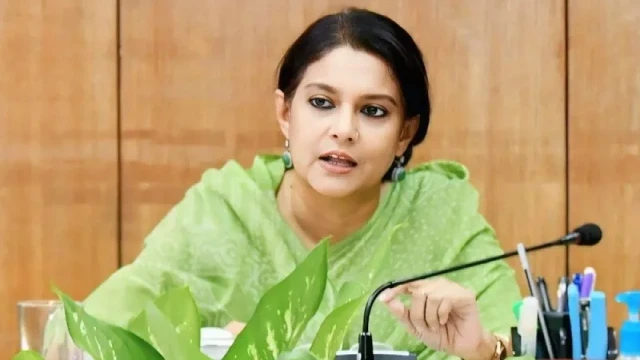
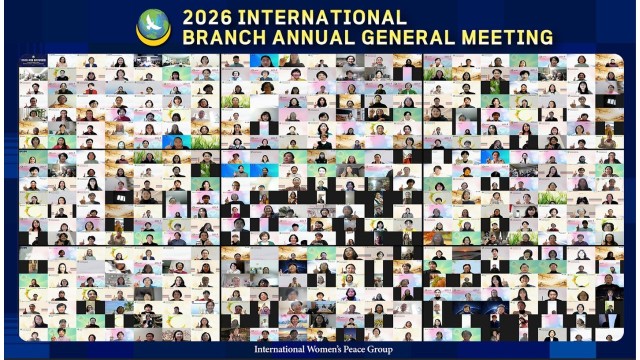





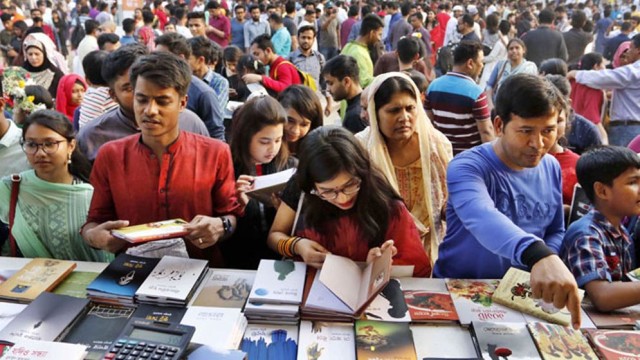

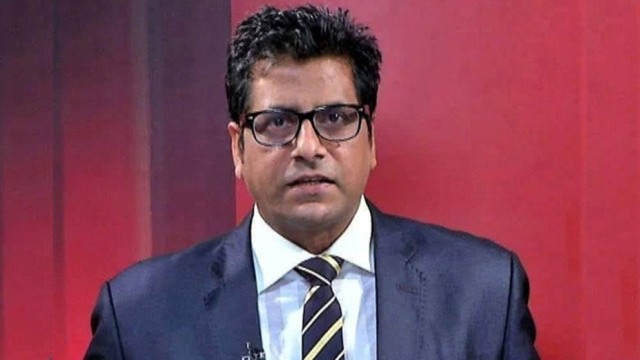
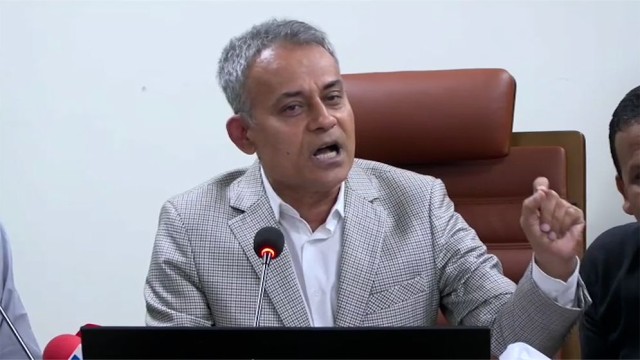

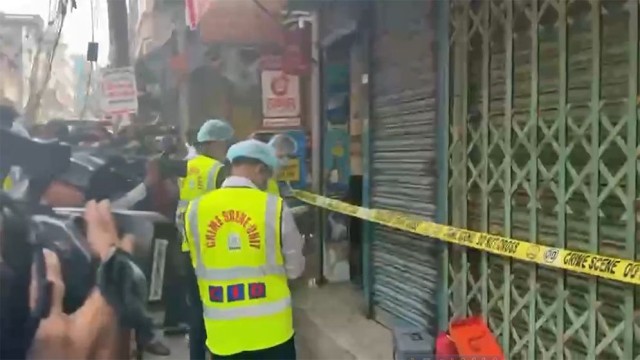
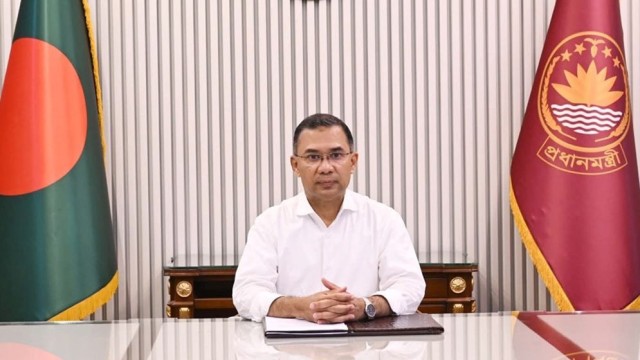

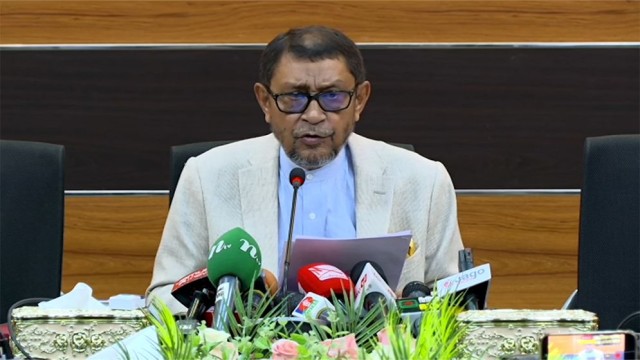












Comment: